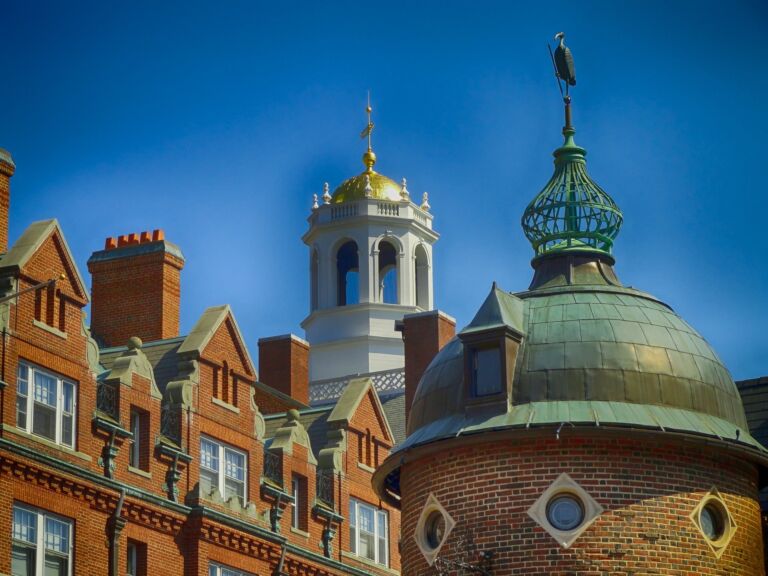Aaron Sibarium of the Washington Free Beacon highlights more bad news for Harvard’s embattled president.
Harvard University president Claudine Gay was hit with six additional allegations of plagiarism on Monday in a complaint filed with the university, breathing fresh life into a scandal that has embroiled her nascent presidency and pushing the total number of allegations near 50.
Seven of Gay’s 17 published works have already been impacted by the scandal, but the new charges, which have not been previously reported, extend into an eighth: In a 2001 article, Gay lifts nearly half a page of material verbatim from another scholar, David Canon, a political science professor at the University of Wisconsin.
That article, “The Effect of Minority Districts and Minority Representation on Political Participation in California,” includes some of the most extreme and clear-cut cases of plagiarism yet. At one point, Gay borrows four sentences from Canon’s 1999 book, Race, Redistricting, and Representation: The Unintended Consequences of Black Majority Districts, without quotation marks and with only minor semantic tweaks. She does not cite Canon anywhere in or near the passage, though he does appear in the bibliography.
Beyond that, Gay’s first two footnotes are copied verbatim from Canon’s endnotes.
Canon, like several of the scholars Gay has quoted without attribution, insisted that she had done nothing wrong.
“I am not at all concerned about the passages,” Canon told the Washington Free Beacon. “This isn’t even close to an example of academic plagiarism.”
Though Harvard’s governing board, the Harvard Corporation, said in mid-December that it had reviewed Gay’s published oeuvre and found several cases of “inadequate citation,” it did not identify any of the examples described in the new complaint, which was submitted to the school’s research integrity officer, Stacey Springs, and obtained by the Free Beacon.
The discrepancy raises troubling questions not just about the scope of Gay’s plagiarism, which appears to afflict half of her published works, but also the thoroughness and seriousness of the Corporation’s probe, which the board descrbied as “an independent review by distinguished political scientists.”

